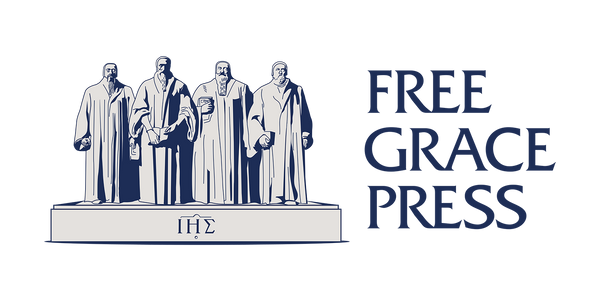Jeffrey D. Johnson
The Failure of Natural Theology: A Critical Appraisal of the Philosophical Theology of Thomas Aquinas
Also available on Amazon Kindle
Hardback
264 pages
6" x 9"
Aristotle’s cosmological argument is the foundation of Aquinas’s doctrine of God. For Thomas, the cosmological argument not only speaks of God’s existence but also of God’s nature. By learning that the unmoved mover is behind all moving objects, we learn something true about the essence of God—principally, that God is immobile. But therein lies the problem for Thomas. The Catholic Church had already condemned Aristotle’s unmoved mover because, according to Aristotle, the unmoved mover is unable to be the moving cause (i.e., Creator) and governor of the universe—or else he would cease to be immobile. By seeking to baptize Aristotle into the Catholic Church, however, Thomas gave his life to seeking to explain how God can be both immobile and the moving cause of the universe. Thomas even looked to the pantheistic philosophy of Pseudo-Dionysius for help. But even with Dionysius’s aid, Thomas failed to reconcile the god of Aristotle with the Trinitarian God of the Bible. If Thomas would have rejected the natural theology of Aristotle by placing the doctrine of the Trinity, which is known only by divine revelation, at the foundation of his knowledge of God, he would have rid himself of the irresolvable tension that permeates his philosophical theology. Thomas could have realized that the Trinity alone allows for God to be the only self-moving being—because the Trinity is the only being not moved by anything outside himself but freely capable of creating and controlling contingent things in motion.
________________________________________________________________
"With his usual breadth of knowledge and insight, Jeffrey has given Thomas and natural theology an even-handed assessment. I found this book to be incredibly helpful. I especially urge pastors to open and digest this important book."
—Dr. Brian Borgman
"Jeffrey makes a compelling argument that we should pause in our embrace of the 'Angelic Doctor.' He explains that Thomas was an innovator in his day who was deviating from the classical theology he received. In doing so, he made a fatal flaw at the root of his theological method that produced an inferior fruit."
—Dr. Ryan L. Rippee
"Johnson provides a necessary and needed warning to those who would wish to baptize Aquinas as an evangelical. Pastors and scholars alike will greatly benefit from this deeper and broader survey of the philosophical theology of Thomas Aquinas."
—Jonathan J. Routley, Th.M.
"Johnson’s scholarly but gracefully readable text shows that his intellect notwithstanding, Aquinas’s mingled metaphysics, mixed methodology, and promotion of “divine immobility” merit strong caution. This is the book the church has needed on this subject. It is an urgent read by one of our best theologians."
—Dr. Owen Strachan
"Jeffrey Johnson has provided the church of Jesus Christ with a solid and insightful study of Thomas Aquinas. The author has done the necessary spadework and gets down into the details of Thomas’s thought regarding natural theology and he writes clearly and compellingly. Future work on the significance of Thomas will necessitate reckoning with the argument set forth herein."
—Dr. Jeffrey C. Waddington
"If you’re entertaining contemporary calls to wed your Reformed theology to Thomism, I urge you to read Jeff’s judicious critique."
—Dr. Robert Gonzales Jr.
"Jeff’s book is a welcome contribution to the debate that is and should be going on in Reformed circles about the value of Thomism in general and the usefulness of his natural theology in particular."
—Dr. Sam Waldron
Author Bio

Jeffrey D. Johnson is the founding pastor of Grace Bible Church and President of Grace Bible Theological Seminary in Conway, Arkansas, where he resides with his wife, Letha, and their four children. He is the author of several books, including The Church, The Kingdom of God, The Absurdity of Unbelief, The Pursuit of Glory, and The Sovereignty of God.
See here for more books by Jeffrey Johnson.





